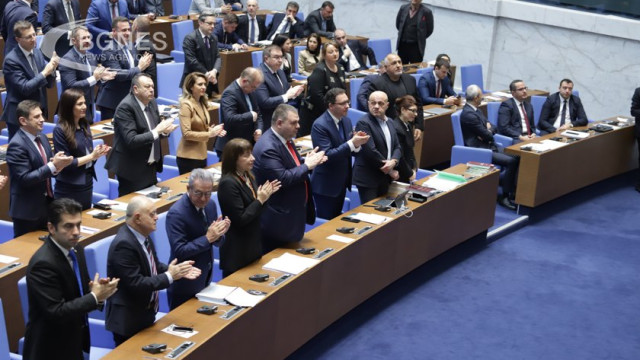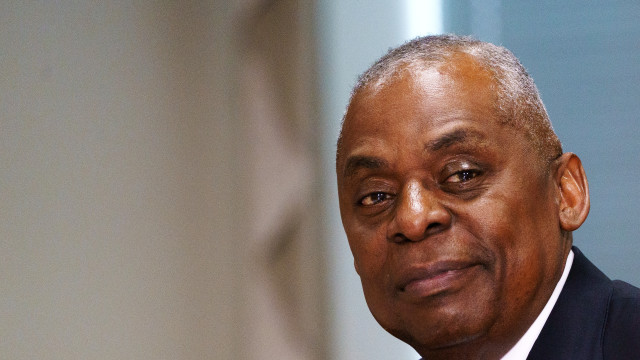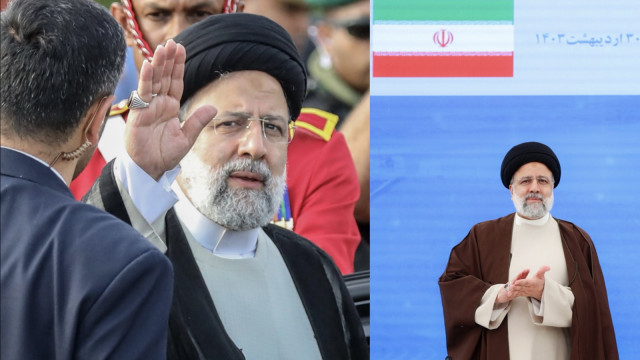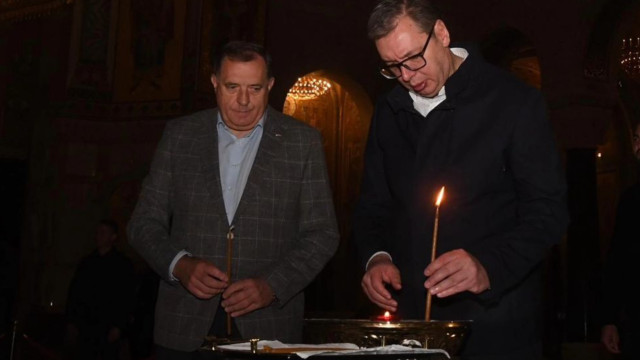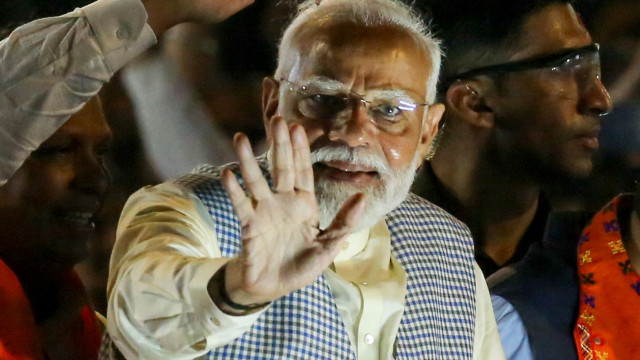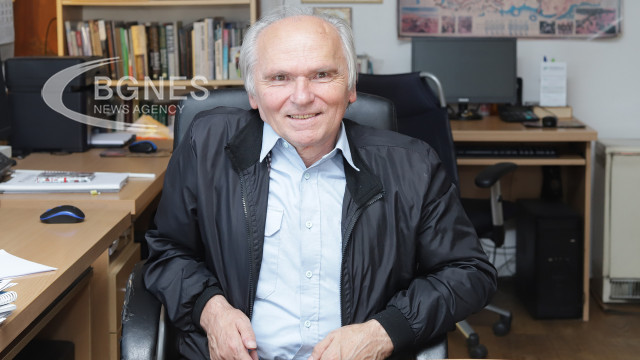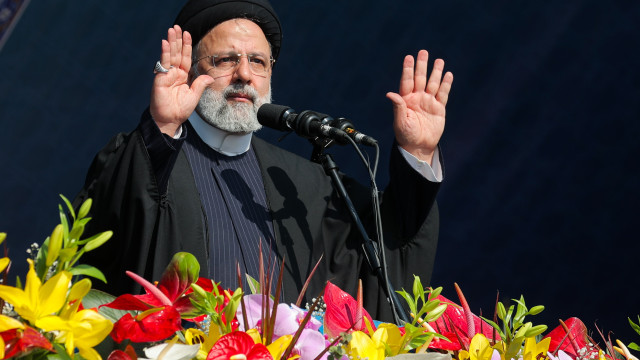The Bulgarian MPs adopted the final changes to the Constitution in the third reading. During the voting, the MPs voted by name, standing up and stating their vote. Members of parliament from GERB-SDS, PP-DB and MRF voted "for", and the opposition in the form of "Vazrazhdane", BSP and ITN votes "against". Only PP-DB MP Boyko Rashkov voted "abstain".
Thus, with the votes of GERB-SDS, PP-DB and DPS, or 165 MPs, the changes finally become part of the main law, reported BGNES.
The ex-chairman of the PG of the MRF Mustafa Karadayi, the PP-DB MP Petya Stavreva and the BSP MP Dragomir Stoynev were absent during the voting.
With the introduced amendments, the rights of the president in the appointment of an official cabinet are limited, persons with dual citizenship are given the right to hold public positions, the Supreme Judicial Council is divided into two collegiums - the Supreme Prosecution Council and the Supreme Judicial Council, as well as the powers of the Prosecutor General are limited. In addition, according to the texts, three months after the promulgation of the changes, a new election is held for the chief prosecutor, as well as for a new composition of the High Prosecutorial Council and the Supreme Judicial Council.
The first reactions in the parliamentary corridors were not long. The majority, represented by the parties supporting the government, congratulated themselves on the successful adoption of the texts. The Minister of Justice Atanas Slavov defined the adopted changes as better than the ones originally introduced.
"The adopted constitutional changes are a guarantee that Bulgaria will remain a parliamentary republic and an active member of the European Union," said Slavov. According to the Minister of Justice, the amendments to the basic law are the biggest step taken by Bulgaria in the last 30 years in the direction of the European democratic and legal state.
The changes in the Constitution are the real beginning of the judicial reform, stated the co-chairman of PP-DB Hristo Ivanov. According to him, with the subsequent changes in the Law on the Judiciary, in the procedural laws and with the personnel decisions further on, true independence of the Bulgarian court will be achieved.
"Modern, independent prosecutor's office and justice that is fair according to European standards will also be a fact," Hristo Ivanov also stated.
"After 33 years, the social contract has changed. When the same rules have been applied for 33 years and the end result is a lack of sense of justice and legality, today we can say that the rules have changed," stated the other co-chairman of PP-DB Kiril Petkov.
The chairman of the PG of the MRF, Delyan Peevski, defined the successful adoption of the changes in the Constitution as a "historic day for Bulgaria".
"We made maximum efforts with our colleagues. I am very pleased with the success, today is a historic day for Bulgaria. Finally, there is a parliamentary republic in the full sense, we are done with caretaker governments, the parliament will work during elections, there will be control of caretaker ministers, as well as a wide choice for caretaker ministers," commented Peevski.
On the other side, however, were the representatives of the opposition, ITN and Vazrazhdane said they would appeal to the Constitutional Court, and BSP leader Kornelia Ninova called the changes "harmful".
"We are filing a complaint with the Constitutional Court, for now we have the signatures of "There is such a people", announced the leader of "Vazrazhdane" Kostadin Kostadinov.
Stanislav Balabanov from ITN stated that the changes in the basic law were adopted with pressure and force. "This is a perverted majority, we will appeal to the Constitutional Court," announced the deputy.
Kornelia Ninova stated that she will use all legal means possible to stop changes to the Constitution, which she believes are illegal.
"We allow everything to drop these texts, which are harmful to the Bulgarian people", she commented without specifying whether the BSP will join ITN and "Vazrazhdane" in referring the state body.
Ninova described the adopted changes as "the biggest harm brought by the Parliament's majority". "With the dual citizenship of deputies and ministers, they are betraying Bulgarian sovereignty. The judicial reform does not aim at the independence of the judicial system. DB and Hristo Ivanov finally get the opportunity for the judges to choose the members of the SJC themselves - his cherished dream. The MRF get a politically dependent prosecutor's office", commented Cornelia Ninova.
The president will appeal to the Constitutional Court for the adopted changes in the basic law, reported BGNES.
"For the experiment with the Constitution, the Bulgarians will pay a heavy price. As the head of state, it is my duty to appeal to the Constitutional Court," announced Rumen Radev and commented:
"It is already clear that the voted changes in the Constitution will not solve the major problems of justice and guarantee justice for the Bulgarian citizens, for which purpose they were initiated. On the contrary, they are bribing our foundations as a democratic, legal and sovereign state".
According to the president, there is a clear goal behind the adopted changes - "for the governing parties to retain their influence, even when they completely lose confidence". The head of state added that with the admission of foreign citizenship in the management of the country, the majority shows that the presence of double standards of loyalty to Bulgaria is not a problem for them.
Here is what else the final amendments to the basic law provide:
Bulgarian national holiday remains the Third of March.
The people's representatives adopted an amendment that is directly related to the way in which an official cabinet is formed. According to the amendments, if agreement is not reached on the formation of a government, the president, after consultation with the parliamentary groups and on the proposal of the candidate for acting prime minister, appoints an acting government.
As ex-officio prime minister, the president appoints and has a choice only from among the chairman of the National Assembly, the governor or deputy governor of the Bulgarian National Bank, the chairman or deputy chairman of the Audit Chamber and the ombudsman or his deputy. When the President does not appoint the Council of Ministers proposed by the Prime Minister-designate within a 7-day period, the caretaker government is elected by the National Assembly. The President shall schedule elections for a new National Assembly within two months after the appointment of the caretaker government. In this case, the National Assembly does not meet within one month before the elections. The deputies also adopted another limitation of the powers of the head of state - to be elected only if he has Bulgarian citizenship.
The MPs adopted an amendment according to which a Bulgarian citizen who has another citizenship and has lived in the country for the last eighteen months can be elected as a national representative and minister. The tenure rule does not apply to ministers.
The Members of Bulgarian Parliament also adopted the changes to the Constitution, which stipulate that decisions on the selection of regulators must be adopted by a two-thirds majority of all People's Representatives.
The MPs accepted that the chief prosecutor is appointed and dismissed by the president on the proposal of the High Prosecutor's Council for a period of five years without the right to re-election. According to the amendments, the chief prosecutor represents the prosecutor's office and leads the Supreme Prosecutor's Office, as candidacies for chief prosecutor can be nominated by three of the members of the Supreme Prosecutor's Council, as well as the Minister of Justice. In addition, the changes provide that the president cannot refuse the appointment or dismissal on a repeated offer.
For a committed crime of a general nature, the chief prosecutor or his deputy is investigated and the accusation is maintained before the court by a prosecutor who held the position of judge in the Supreme Court of Cassation from the criminal collegium or with the rank of judge in the Supreme Court of Cassation from the criminal departments of the appellate or district courts courts until the appointment.
The National Assembly adopted the final division of the Supreme Judicial Council into two separate bodies - the Supreme Prosecutor's Council and the Supreme Judicial Council. According to the amendments, the Supreme Judicial Council will consist of 15 members and will include the President of the Supreme Court of Cassation and the President of the Supreme Administrative Court, who are its members by right, eight members elected directly by the judges of all courts, and five members elected by the People's assembly. The changes envisage that the Supreme Judicial Council will remain an administrative and personnel body for judges only, and it is also proposed to create a prosecutor's council as an administrative and personnel body for prosecutors and investigators. With regard to the Supreme Judicial Council, according to the proposed changes, five of the members are elected by the National Assembly, and two – the President of the Supreme Judicial Council and the President of the Supreme Judicial Council – are members by right. Their mandate will be 4 years and they will not be able to be re-elected immediately after this term expires. According to the amendments, the prosecutor's council will be composed of ten members, of which: six elected by the National Assembly; two elected directly by the prosecutors; one of the investigators and one of the Attorney General as ex officio member. A limitation is envisaged in the composition of the body - that prosecutors and investigators be elected from the quota of the parliament, because otherwise it would lead to a shift in the balance between the quotas provided for in the draft law. Their mandate will be 4 years and they cannot be re-elected immediately after the expiration of this term.
It is planned to create an Inspectorate of the Judiciary, which will consist of a chief inspector and ten inspectors. The chief inspector and the inspectors are elected by the National Assembly with a two-thirds majority of the people's representatives for a term of five years with the right to be re-elected for one more term only. After their term ends, the inspector general and inspectors cannot hold positions in the judiciary, the regulations state. The amendments provide for the Inspectorate of the SJC to check the activities of the bodies of the judiciary, without affecting the independence of judges, jurors, prosecutors and investigators in the performance of their functions, and to carry out inspections based on reports.
Elective members of the High Judicial Council and the High Prosecutorial Council are elected within three months after the entry into force of the laws. Until the election of the Supreme Judicial Council and the Supreme Prosecutorial Council, the Judicial College and the Prosecutorial College of the previous Supreme Judicial Council perform the functions of the Supreme Judicial Council and the Supreme Prosecutorial Council, respectively.
The MPs agreed to write in the Bulgarian Constitution that any court can appeal to the Constitutional Court at its discretion or at the request of a party, but only for the unconstitutionality of a law applicable to the case - there will be no possibility to request an interpretation of the Constitution. /BGNES

